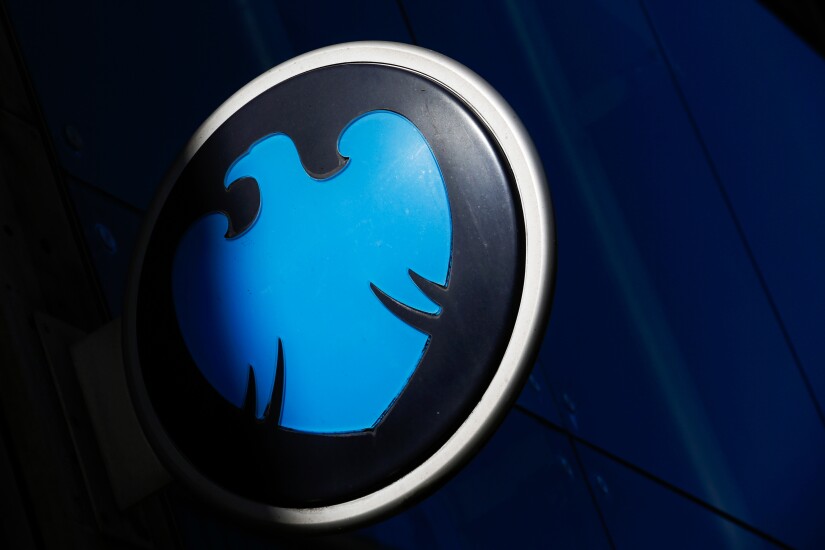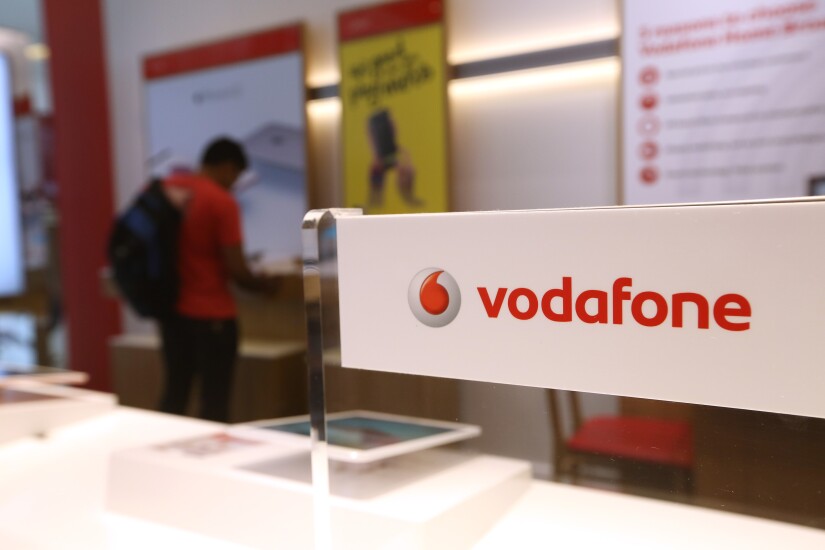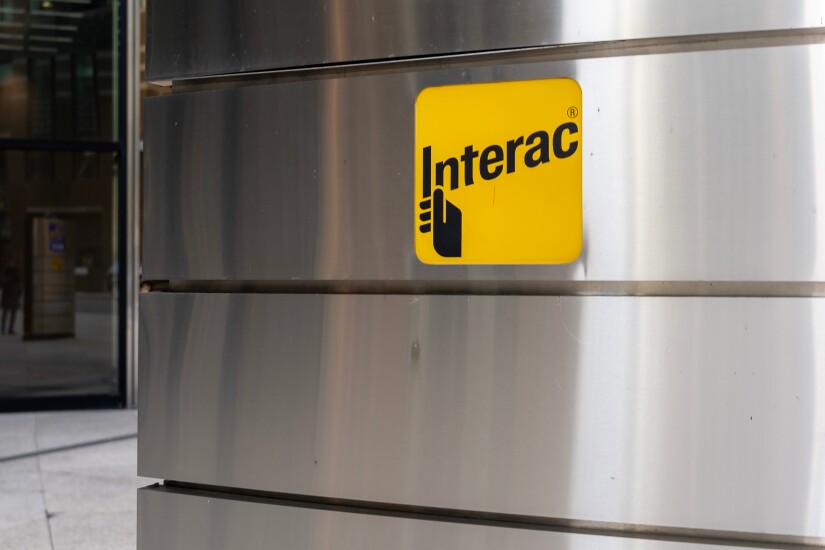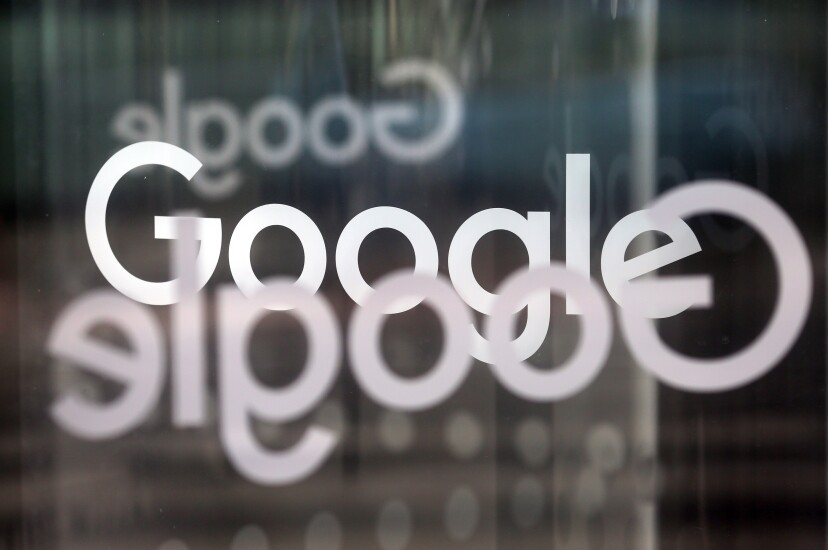Barclays has redesigned the Cambridge Eagle Lab to focus on companies that develop sustainable and other environmentally focused technology, Vodafone expanded its partnership with global fintech MoneyHub to offer its financial wellness app, and more in this week's global news roundup.

Barclays relaunches incubator to focus on climate

Mastercard pushes small-biz tech in UAE

Vodafone offers free personal financial management amid U.K. inflation

Canadians feel they have lost control over data: Interac

Google to help India take its UPI payments global

Onafriq, Alviere collaborate on U.S.-to-Africa remittance service

French bank buys a stake in Worldline to boost its share price

Klarna CEO signals IPO in U.S. may happen 'quite soon'
The CEO pointed out that the U.S. is a natural choice for an initial public offering given that it is the firm's largest market by revenue. "So it is obviously leaning toward that direction," he said. Speculation has been rife about when and where Klarna will IPO, with the U.K. and its home market of Sweden being other potential possibilities for a listing. In November, the buy now/pay later firm set up a new U.K. holding company in what was seen as the preparatory work for an eventual public offering.
Last year, Klarna saw its valuation slashed to $6.7 billion from about $45.6 billion while it cut jobs, office space and other costs, as investors reconsidered the growth of easy credit at a time of rising interest rates. That value rose to $7.85 billion in December alongside the fintech reporting its first quarterly operating profit in four years. —Charles Daly, Bloomberg News




